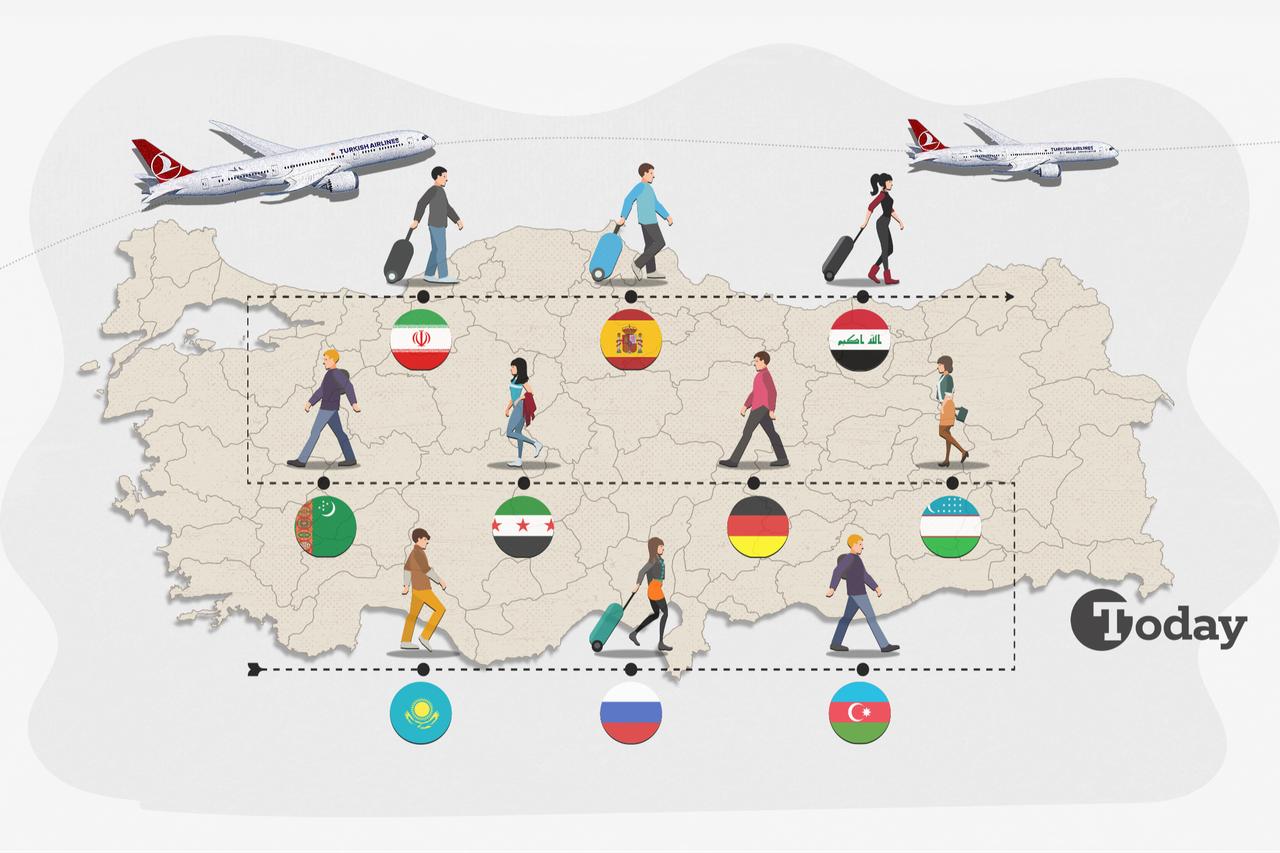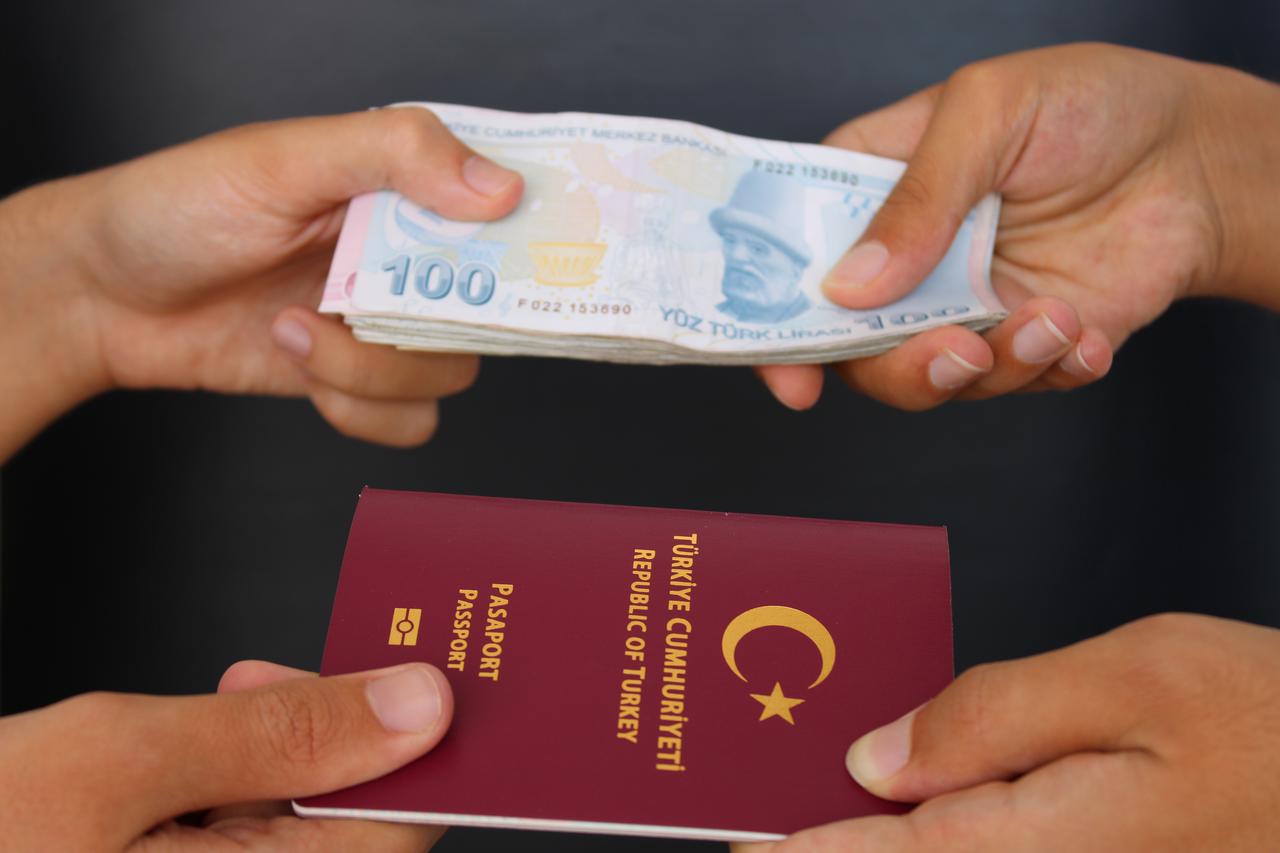
As is widely known, one may apply for Turkish citizenship by purchasing real estate valued at $400,000, by depositing $500,000 in any Turkish bank account under a fixed-term agreement for three years, by establishing a company with a paid-in capital of $500,000, or by founding a business that employs 50 Turkish citizens.
In this article, however, we provide a detailed guide on how to pursue citizenship without making any investment—without spending substantial amounts of money—through alternative and exceptional circumstances provided by law.
Citizenship acquired through descent refers to a child obtaining Turkish nationality at birth through the nationality of the mother or father who is a Turkish citizen.
In cases of citizenship by descent, it is sufficient for only one parent to be a Turkish citizen at the time of birth. The other parent’s foreign nationality does not prevent the child from acquiring Turkish citizenship.
For this category of citizenship, the applicant is not required to be physically present in Türkiye when submitting the preliminary application. However, once the preliminary application is approved, the applicant must personally attend the fingerprint appointment. This process cannot be completed solely through legal representation by an attorney.
A child born in Türkiye, whose parents are unknown, stateless, or unable to pass on citizenship due to the nationality laws of their country, acquires Turkish citizenship from birth.
Any child found in Türkiye is presumed to have been born in Türkiye unless proven otherwise. Infants or children who are unable to express themselves due to their young age are registered in the population registry of their location on the basis of reports by law enforcement, relevant institutions, or statements of concerned parties.
Individuals born as citizens of the Turkish Republic of Northern Cyprus (TRNC), who wish to acquire Turkish nationality, may do so by submitting a written declaration of intent. Citizenship is then granted by ministerial decision.
However, this entitlement does not extend to spouses. For children, Article 20 of Law No. 5901 on Turkish Citizenship applies.
For foreigners who later acquire TRNC nationality (not by birth), Article 11 of Law No. 5901 applies.
According to Law No. 5901, those who were deprived of Turkish citizenship, or who renounced it by exercising their right of choice, may reacquire citizenship if they pose no threat to national security and have resided in Türkiye for at least three years.
Under Article 14 of the same law:
In both cases, residence in Türkiye for three years and the absence of any national security impediment are required.
This is, in fact, one of the most frequently used routes by foreign nationals seeking Turkish citizenship. Here, we openly disclose information that is often left unsaid by lawyers and consultancy firms—information you will rarely find in official sources. Not all residence permits are equal for citizenship purposes. The following categories are recognized:
Applications based on other residence permit types are not accepted. However, one may transition between the qualifying residence types, and the total time accrued under eligible permits is combined toward the citizenship requirement.
Example 1: If you are married to a Turkish citizen and hold a family residence permit, but later divorce or are widowed after at least two years, you may switch to another qualifying residence type within six months. For example, if you purchase property, you may obtain a real estate-based residence permit. The two years under family residence plus the three years under property residence are combined. However, if you hold a residence permit outside of the listed categories for longer than six months, your five-year clock resets entirely. This rule is crucial to avoid losing years of progress.
Example 2: If you have lived in Türkiye for 10 years under a family residence permit but never applied for citizenship, and then you divorce or lose your spouse, you cannot later apply. The application requires the presence of the Turkish spouse at the time of submission.
Example 3: If you are divorced or widowed but have custody of a child under 18 who is a Turkish citizen, you cannot apply for citizenship on this basis. Instead, you may apply for a humanitarian residence permit.

Marriage to a Turkish citizen does not, by itself, confer nationality. Foreigners must be married to a Turkish citizen for at least three years and the marriage must still be valid at the time of application.
If the Turkish spouse dies after the application is submitted, the condition of maintaining family unity is waived.
Foreigners who acquired citizenship by marriage may retain it even if the marriage is annulled, provided they entered the marriage in good faith. In cases of annulment, the Ministry of Interior decides whether citizenship will be retained.
According to Article 16 of Law No. 5901, if the married couple meets the previously mentioned requirements, they may apply for citizenship, provided they:
It is not possible to apply for citizenship through tourist residence permits. However, foreigners who have legally resided in Türkiye for eight uninterrupted years with a tourist residence permit (or any other type) may apply for a permanent residence permit. After maintaining this status for an additional five years, they may then apply for citizenship.

In calculating continuous residence, absences exceeding six months in a single year or one year in total within five years interrupt the residence requirement, except for compulsory public service, education, or health reasons. Periods of student residence permits are counted as half, while other residence types are counted in full.
Thus, a foreign student who completes a four-year university degree, followed by three years under a work permit, may apply for citizenship.
Regardless of the route pursued—even through investment—citizenship is denied if the applicant has a criminal record in their home country.
According to Article 11 of Law No. 5901, foreigners seeking Turkish nationality must:
About the author: Kagan Orhan is a human resource and immigration consultancy expert at Expat Solutions Turkey, dedicated to facilitating the adaptation processes of foreigners in Türkiye with the expertise and knowledge in managing legal procedures such as residence permit applications, work permits, business establishment, real estate and citizenship processes for foreigners settling in Türkiye with their team of lawyers and consultants.